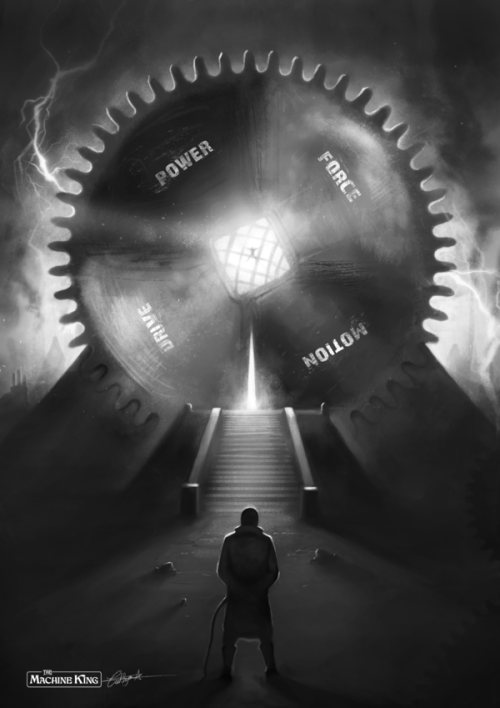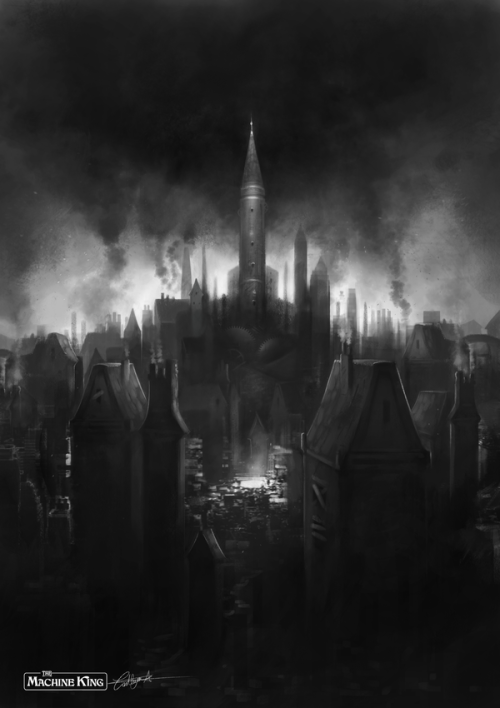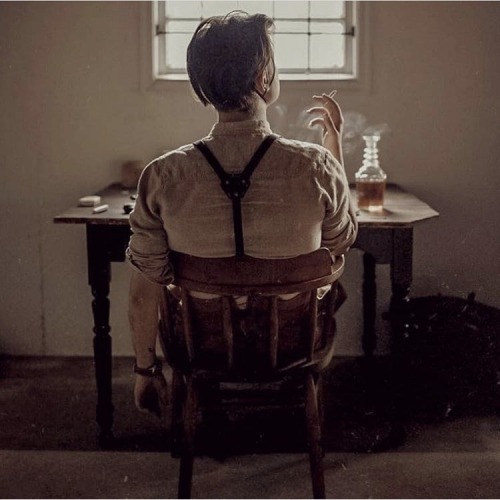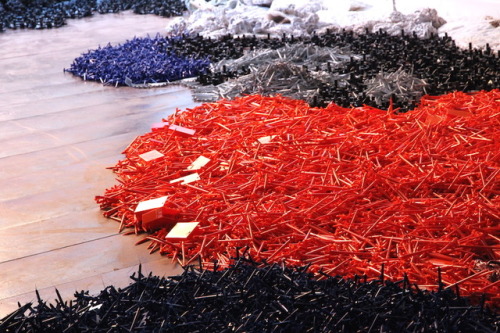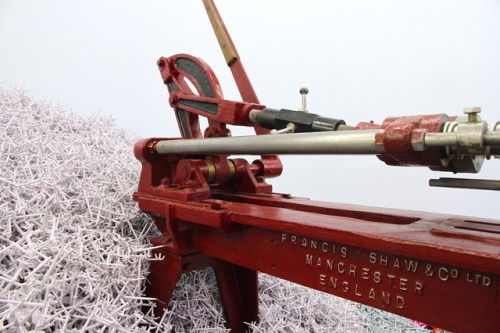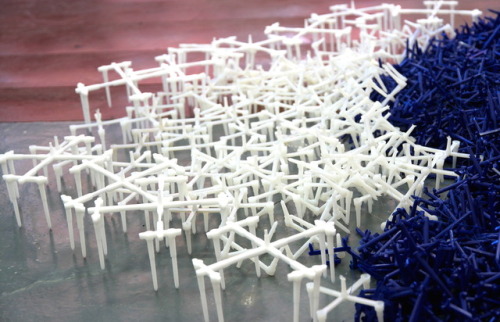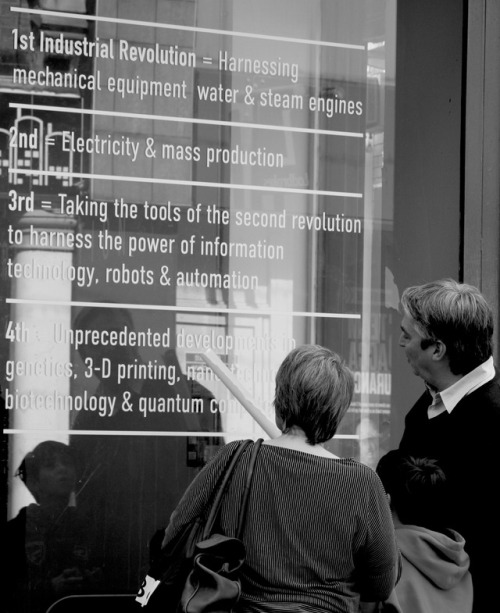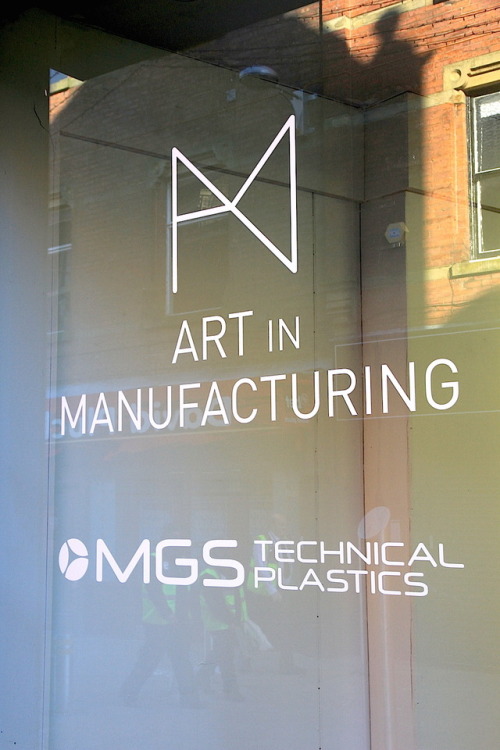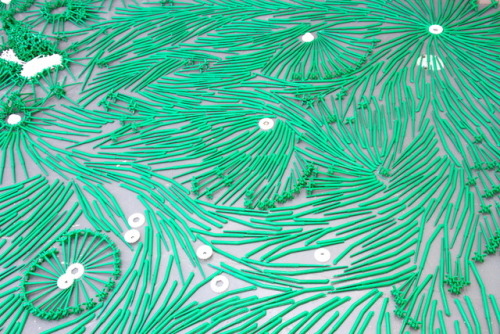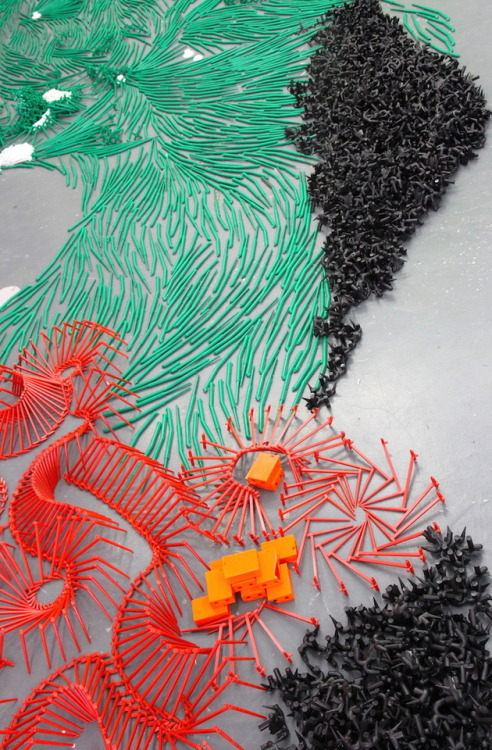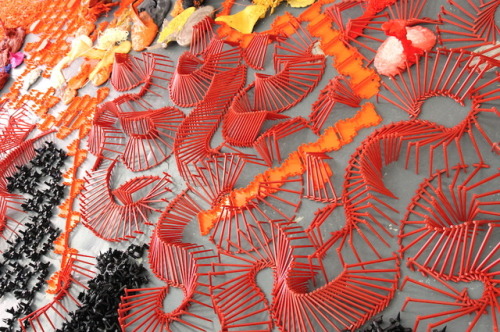#industrial revolution
In this round-up we will be looking at some of the developments and challenges surrounding artificial intelligence.
Development and Collaborations
The Organisation for Economic Development (OECD) has launched its Artificial Intelligence (AI) Observatory, which aims to help countries encourage, nurture and monitor the responsible development of trustworthy AI systems for the benefit of society.
The Observatory works with policy communities across and beyond the OECD - from the digital economy and science and technology policy, to employment, health, consumer protection, education and transport policy – considering the opportunities and challenges posed by current and future AI developments in a coherent, holistic manner.
The AI Observatory is being built on evidence-based analysis and provides a centre for the collection and sharing of information on AI, leveraging the OECD’s reputation for measurement methodologies. The Observatory will also engage a wide spectrum of stakeholders from the technical community, the private sector, academia, civil society and other international organisations, providing a hub for dialogue and collaboration.

AI and healthcare
According to a report produced by the European Institute of Innovation and Technology (EIT) Health and The McKinsey Centre for Government (MCG), AI can increase productivity and the efficiency of care delivery, allowing healthcare systems to provide better outcomes for patients.
The WHO estimates that by 2030 the world will be short of 9.9 million doctors, nurses and midwives, which adds to the challenges faced by an already overburdened healthcare system. Supporting the widespread adoption and scaling of AI could help alleviate this shortfall, the report says, by streamlining or even eliminating administrative tasks, which can occupy up to 70% of a healthcare professional’s time.
The issues highlighted, among others, means that ‘AI is now ‘top-of-mind’ for healthcare decision makers, governments, investors and innovators and the EU itself,’ the report states.₁
To fully unlock the potential and capabilities of AI, there is an urgent need to attract and up-skill a generation of data-literate healthcare professionals.

Sustainable Development
Artificial intelligence (AI) is influencing larger trends in global sustainability. Many communities in developing nations do not have access to clean water, which impacts health and has economic and environmental implications.
AI has the capacity and ability to adapt and process large amounts of data in real time. This makes it an ideal tool for managing water resource, whereby utility managers can maximise current revenue, effectively forecasting and planning for the years ahead.
Currently, the development of AI is accelerating, but legal and ethical guidelines are yet to be implemented. In order to prepare the future generations of business leaders and national and international policy makers, the academic community will be playing a large role in this.

For more information, click here.
Reference:
1. Transforming healthcare with AI: The impact on the workforce and organisations
Their skills were beyond normal human capacity; transcendent in the least, gods amongst a mediocre race. Created with the unique ability to harness negative and positive energy through the use of objects and elements, twins Caster and Pollux are scouted as “Drafters” to stop a huge energy dome that is steadily increasing in size over their city. Only, when they pass through it, they not only find themselves in a different era, but as imprisoned within its diabolical walls. Once you enter, you are slave to it forever. Now they must risk everything to stop the force that holds them all captive.
COVER BY: DarkGreyClouds.tumblr.com
DarkGreyClouds and I are excited to announce our webcomic DraftPunk will be entered into Shonen Jump’s Manga Competition this fall! Unfortunately that means we won’t be releasing it until probably January. The good news is if we do make the finals you guys can vote for us! So stay tuned, Grey and I will keep you updated! If you have any questions feel free to message me! I would appreciate anyone that reblogs this, and will follow you if I don’t already!
Post link
Older Work: Ironbridge & Shropshire
Older Work: Ironbridge & Shropshire
When I got my older pre-degree work back, I somehow missed looking through the document tubes – I mentioned some of the pieces I was missing like the red female life drawing, and they were actually there! I looked in there recently and found a lot of work from Ironbridge and Coalbrookdale in Shropshire, Easter 1992. I wasn’t sure of the date until I matched up my sketchbooks I was doing as part…

day 12! one of my favourite eras has got to be england during the industrial revolution, and this picture reminds me of that somewhat. imagine being a journalist during the industrial revolution, donning your fedora and suspenders and grabbing your trusty notebook before heading out into the field for the scoop of the day, walking along the crowded streets of london with people streaming around you, going about their day and forming a lovely river of people.
Post link
REVOLUTION (2017) / National Festival of Making, Blackburn
Mixed media installation
In the first part of Robyn Woolston’s project, tens of thousands of pieces of injection moulded plastic from the factory floor of MGS Technical Plastics, Blackburn, form a vast and immersive installation. Using mis-moulds, ‘sprue’ and ‘purge’, the installation works ambitiously in colour, form and scale to illustrate the nature and scale of industrial manufacturing waste.
In her complementary piece, a documentary film contrasts the 1st Industrial Revolution against our contemporary 4th. The artist’s father spent his whole life in plastic injection moulding and Woolston found herself drawn to the intergenerational narratives emerging in interviews with MGS employees, producing a film that not only draws on their stories but reaches further into our industrial heritage.
As the two halves of her work come together, historical parallels proliferate; design, fabrication and plastic moulding processes are shown in parallel with the ebb-and-flow of the Leeds to Liverpool canal, culminating in a meditation upon Lancashire-based manufacturing and its legacy.
MANUFACTURER:
Passionate about reducing environmental waste and committed to recycling, MGS Technical Plastics is a plastic injection moulding company based in Blackburn, Lancashire. Established in 1974 they are now the production partner of some of the world’s leading brands.The company operates 20 plastic injection moulding machines, weighing from 22 - 800 tonnes, and riveting, heat staking, over moulding and pad printing are all standard processes for the team.
“Having Robyn here has been an exciting change from the ‘norm’. The team have really enjoyed the conversations that have taken place - Robyn is breath of fresh air and will always be welcome here at MGS.”
FESTIVAL BACKGROUND:
Funded by the Heritage Lottery Fund and produced by The National Festival of Making and community-led arts commissioners, Super Slow Way, Art In Manufacturing seeks to develop the ideas of artists in unfamiliar environments and create engaging and accessible new work, as well as encouraging investigation into Britain’s manufacturing heritage, specifically that of Lancashire with direct engagement from staff members in each participating company.
“The ‘Art in Manufacturing’ commission does exactly what it says on the tin; exposing the art at play in countless, largely invisible, factories across this area where hundreds of people embark each day on creative tasks, undertaken with remarkable attention to detail, resulting in the production of the beautiful, the delicious and the complex, from the most delicate to the most durable products on earth. These people, often coming from generations that have worked in these industries, have very generously imparted their knowledge to the nine artists who, in turn, have shone a spotlight of excitement and curiosity onto their formidable skills and dedication.
We think that the outcomes of these collaborations perfectly capture the enthusiasm and mutual admiration that took place in the few short weeks it took to create them and help us all appreciate the creativity taking place in the historic factories and anonymous business parks at the end of our roads. We hope that it inspires viewers, particularly young people, to look to manufacturing as an outlet for their own creativity.”
Laurie Peake, Director of Super Slow Way
You can watch the companion film here: https://vimeo.com/215108977
Festival website: https://festivalofmaking.co.uk
Post link

